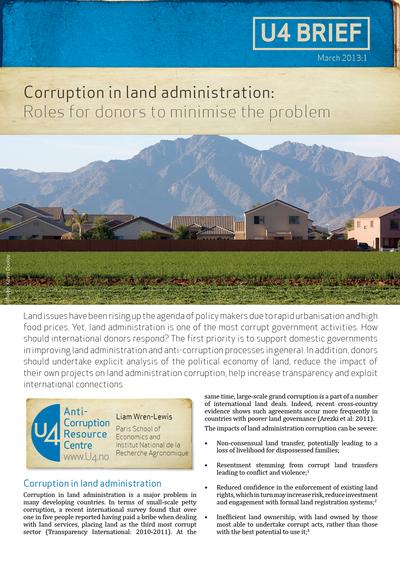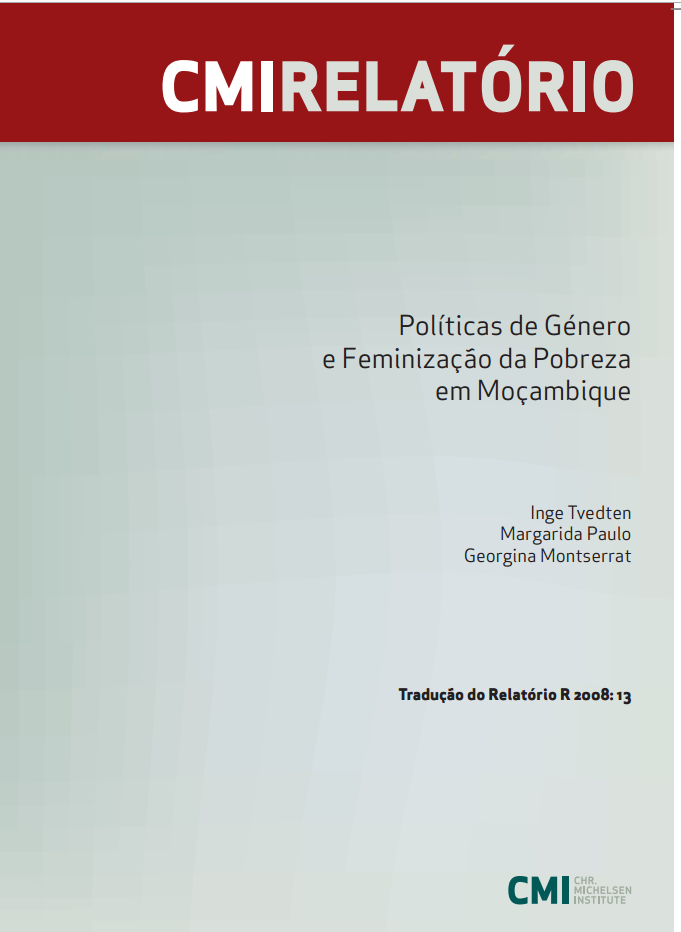Location
CMI is an independent development research institute in Norway. With a staff of 70 people, we address issues that shape global developments and generate knowledge that can be used to fight poverty, advance human rights, and promote sustainable social development.
Our researchers and programme advisors are social scientists mainly in the fields of anthropology, economics and political science. The pillars of our work are quality research, diversity in disciplines and methods and extensive research communication. We work closely with partners in the global South to ensure that local perspectives influence our priorities and research questions.
CMI employs staff with a wide range of complementary competencies and we are committed to building strong teams in all parts of the organization. We strive to be an efficient, professional, and financially robust organization that brings out the best in each other.
CMI is located on the campus of the University of Bergen in the city centre. We cooperate closely with the University and the Norwegian School of Economics. Together with the University we have established the Bergen Resource Centre for International Development, a venue for dialogue and communication on global challenges.
Members:
Resources
Displaying 6 - 10 of 14The overlooked role of elites in African grassroots conflicts: A case study of the Dinka-Mundari-Bari conflict in Southern Sudan
Many analysts of grassroots conflicts in African emphasized one of the following factors to be the most important: ethnic divisions, competition over resources or competition between pastoralists and agriculturalists. The role of elites has been down played in such conflicts. This argument is being challenged by current evidence as shown by the Dinka-Mundari-Bari Conflict in Juba County in Southern Sudan. The data for this paper is derived mainly from a longitudinal study dating back to 1972 using observation and interviews as the main methods of data collection.
Corruption in land administration: Roles for donors to minimise the problem
Land issues have been rising up the agenda of policy makers due to rapid urbanisation and high food prices. Yet, land administration is one of the most corrupt government activities. How should international donors respond? The first priority is to support domestic governments in improving land administration and anti-corruption processes in general. In addition, donors should undertake explicit analysis of the political economy of land, reduce the impact of their own projects on land administration corruption, help increase transparency and exploit international connections.
Acceso a la justicia para las mujeres indígenas en América Latina
En tanto las mujeres enfrentan barreras para lograr acceso a la justicia en todo el mundo, existen retos particulares para las mujeres indígenas, la mayor parte de quienes enfrentan una triple discriminación sobre la base de su etnicidad, su género y su clase. Las mujeres indígenas en América Latina encuentran una variedad de alternativas cuando buscan resarcimiento, justicia y garantía de cumplimiento de sus derechos humanos.
Social security, poverty dynamics and economic growth in Angola's smallholder agriculture. A case study of two communities in Huambo province
A new Land Act introduced in Angola in 2004 demonstrates a genuine interest in the protection of the customary land rights of rural communities and underlines rural communities’ rights to their land. However, the documentation of customary rights in Angolan agriculture is limited. This report describes and analyses customary land rights in two villages in Huambo province, both situated some 60 to 90 km from the provincial capital. The report demonstrates that despite of many similarities there exist huge differences in agricultural practices and in how customary land rights are conceived.
Políticas de Género e Feminização da Pobreza em Moçambique
A igualdade de género e o empoderamento das mulheres têm desde há muito feito parte da agenda internacional do desenvolvimento, e mais ainda desde a Conferência de Beijing em 1995 e da apresentação da noção de “integração do género” (UN/DAW 2008). A questão penetrou também nas políticas nacionais de desenvolvimento, tornando-se parte integrante da maioria dos planos de





